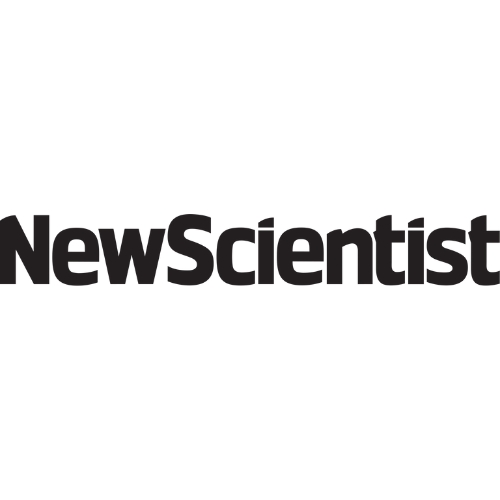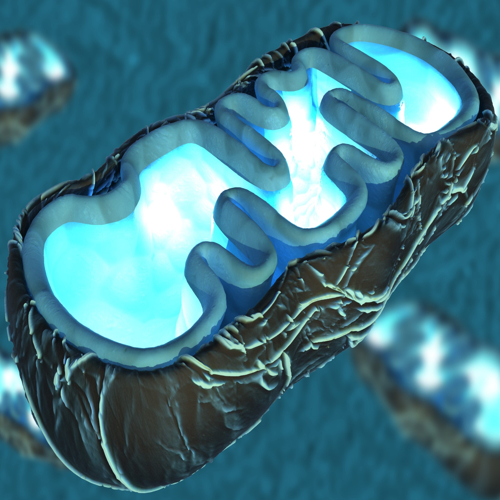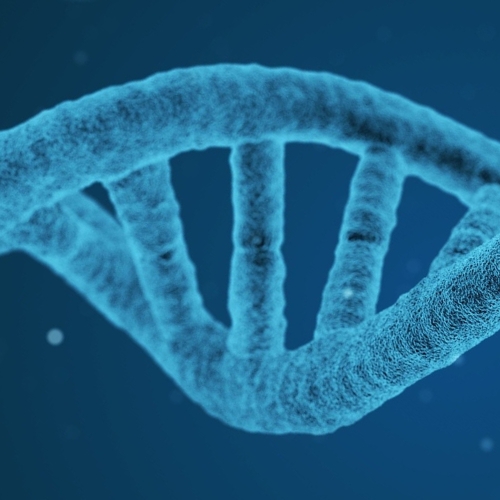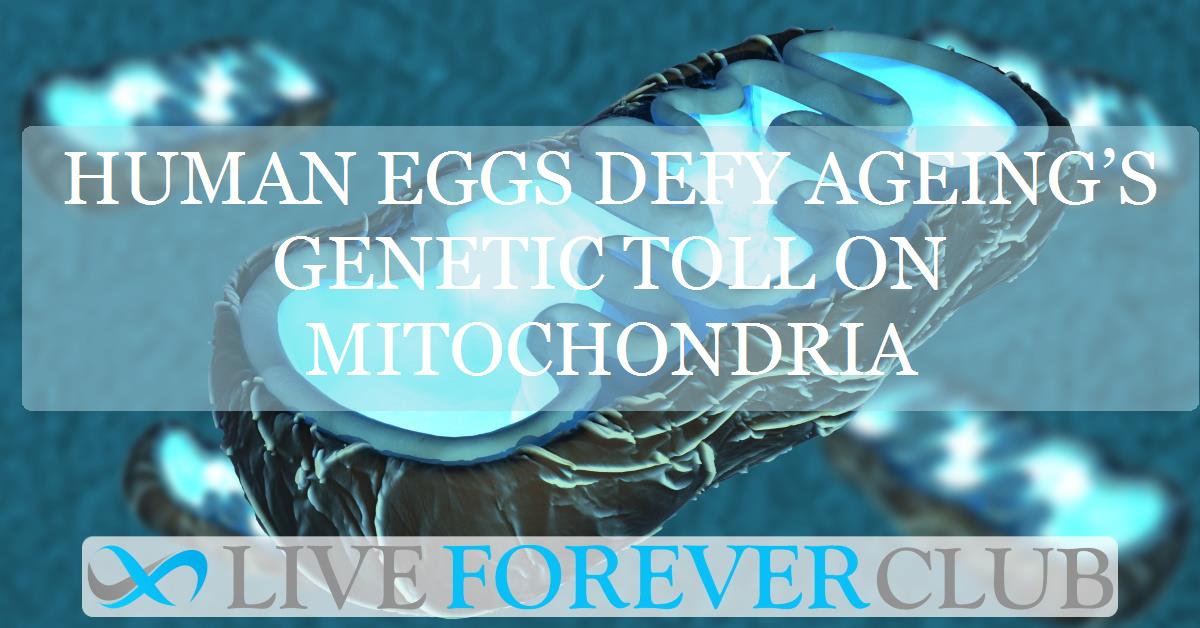Key points from article :
A new study challenges the long-held belief that human eggs accumulate harmful mitochondrial DNA mutations with age. Led by Kateryna Makova at Penn State University, researchers examined whether the same age-related mutation patterns seen in other cells also occur in oocytes. Mitochondria, the cell’s energy generators, are inherited exclusively from mothers, and while their mutations are often harmless, they can sometimes cause serious muscle and nerve disorders. Given that older mothers are known to pass on more chromosomal mutations, scientists had assumed mitochondrial mutations would also build up over time.
To test this, the team analysed 80 eggs from 22 women aged between 20 and 42 using advanced DNA sequencing to detect new mutations. Surprisingly, they found no evidence that mitochondrial mutations increase with maternal age. This result contrasts sharply with findings from the women’s blood and saliva cells, where mutations did rise with age. The discovery suggests human eggs may have evolved special mechanisms to keep mitochondrial DNA intact, possibly to ensure reproductive success later in life.
The findings echo previous research on macaques, where mitochondrial DNA mutations in eggs rose only until the animals’ reproductive prime, then levelled off. According to study co-author Barbara Arbeithuber of Johannes Kepler University Linz, it will be important to investigate whether a similar pattern holds true for younger women. If confirmed, these results could help scientists better understand fertility, reproductive ageing, and the unique ways eggs preserve genetic health over decades.







